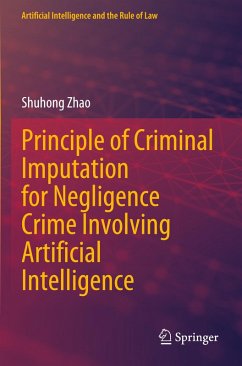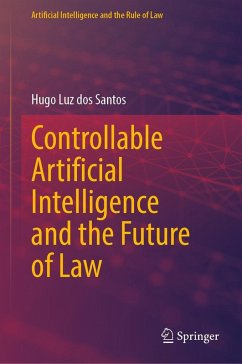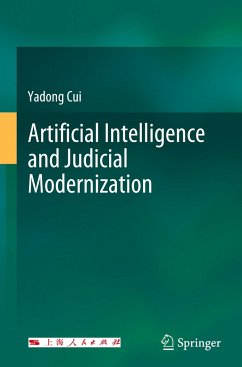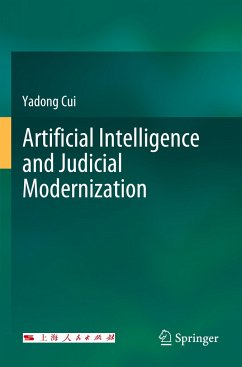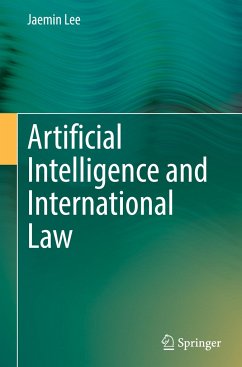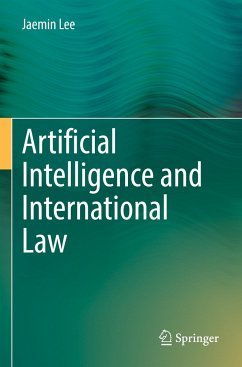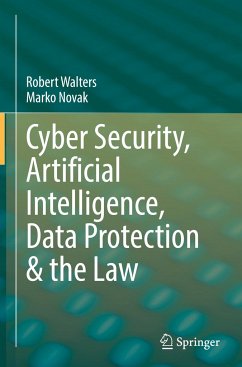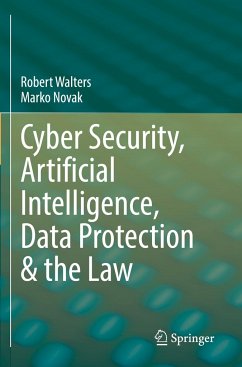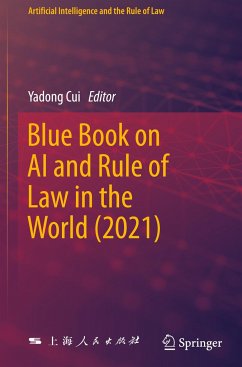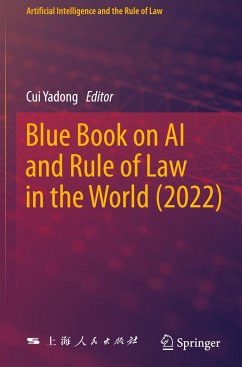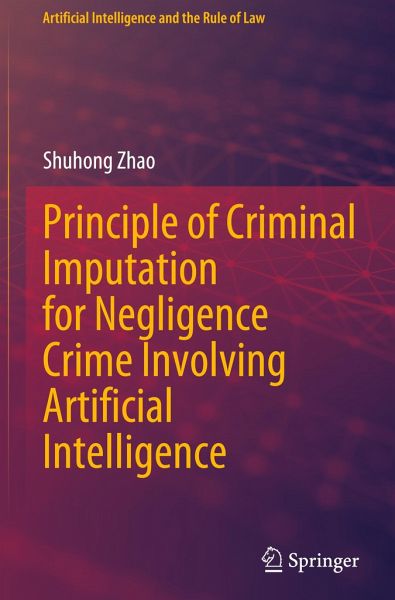
Principle of Criminal Imputation for Negligence Crime Involving Artificial Intelligence
Versandkostenfrei!
Versandfertig in 6-10 Tagen
106,99 €
inkl. MwSt.
Weitere Ausgaben:

PAYBACK Punkte
53 °P sammeln!
This book provides an in-depth discussion of the theoretical and practical issues of criminal imputation for negligence crime involving artificial intelligence. Accordingly, this study combines the imputation challenges brought about by AI with traditional criminal imputation theory and analyses imputation for negligence crime involving AI from three aspects: the basic principles, structure, and results of imputation for negligence crime involving AI. The traditional theory of imputation is discussed in detail. The readership is a group of people interested in this topic, including, in particu...
This book provides an in-depth discussion of the theoretical and practical issues of criminal imputation for negligence crime involving artificial intelligence. Accordingly, this study combines the imputation challenges brought about by AI with traditional criminal imputation theory and analyses imputation for negligence crime involving AI from three aspects: the basic principles, structure, and results of imputation for negligence crime involving AI. The traditional theory of imputation is discussed in detail. The readership is a group of people interested in this topic, including, in particular, interested laymen, undergraduate students and postgraduate researchers. The highlights of this book are it identifies the imputation challenges bought about by AI, reveals the theoretical and practical gap in the criminal imputation of negligent crimes involving AI, and provides an in-depth and creative ideas of criminal imputation for the negligent crimes involving AI.



